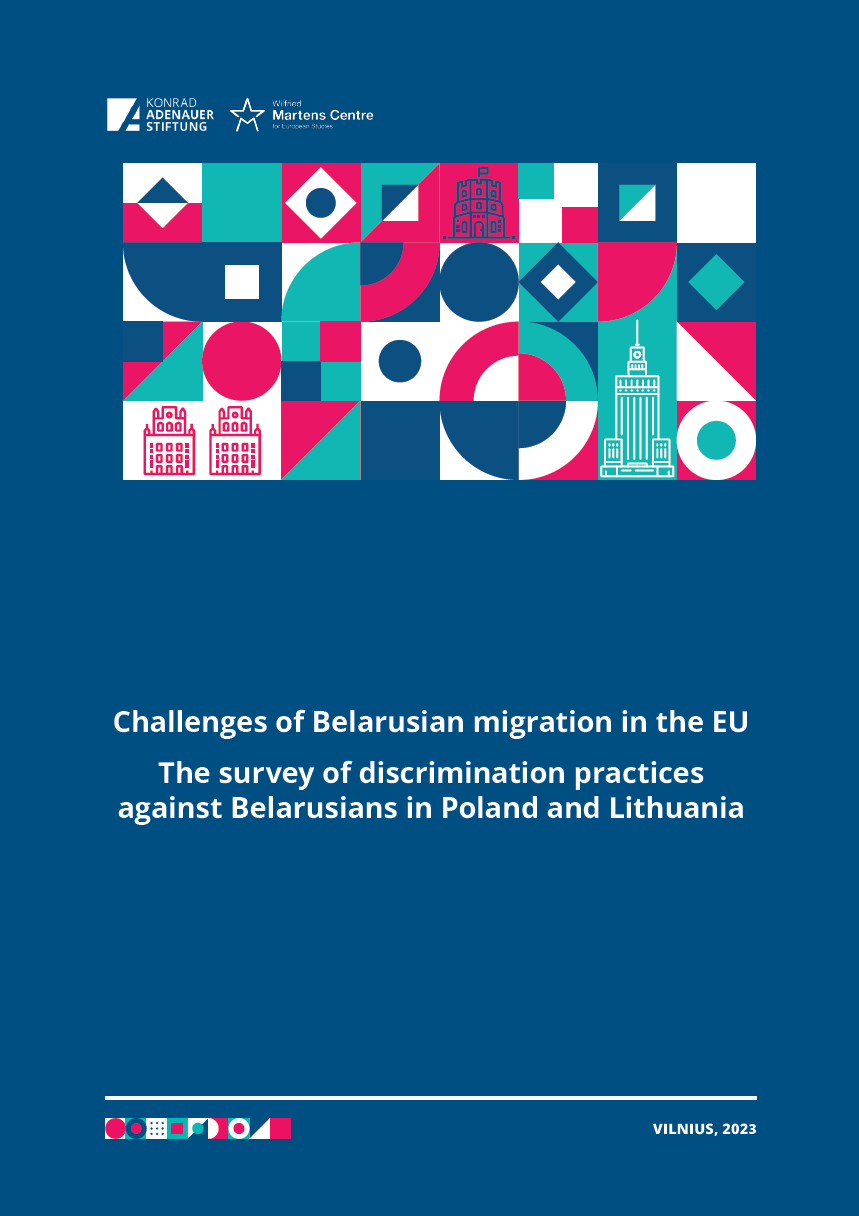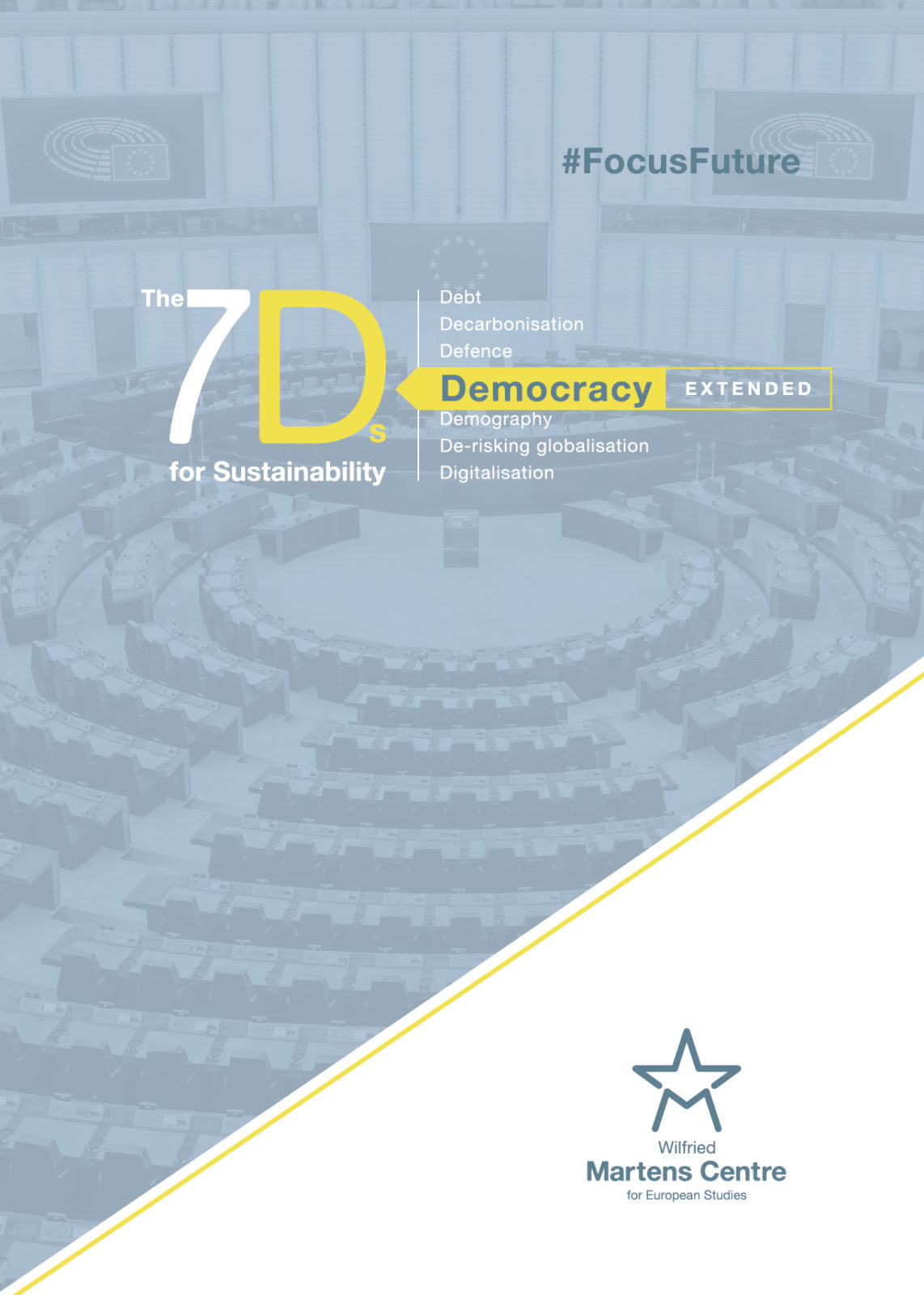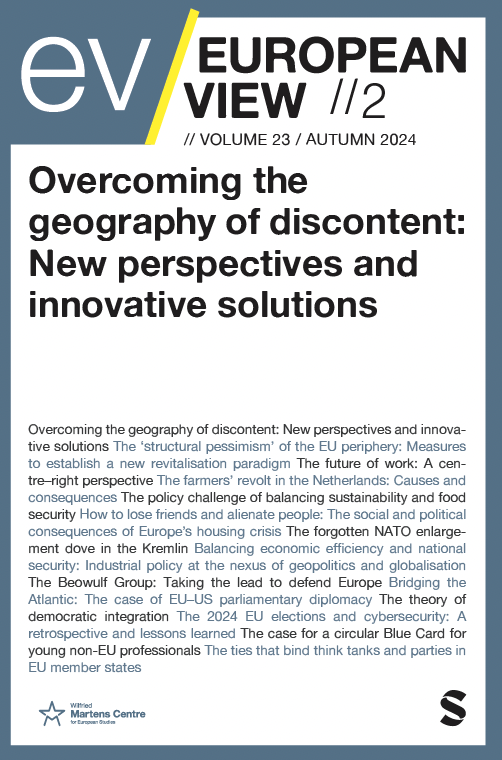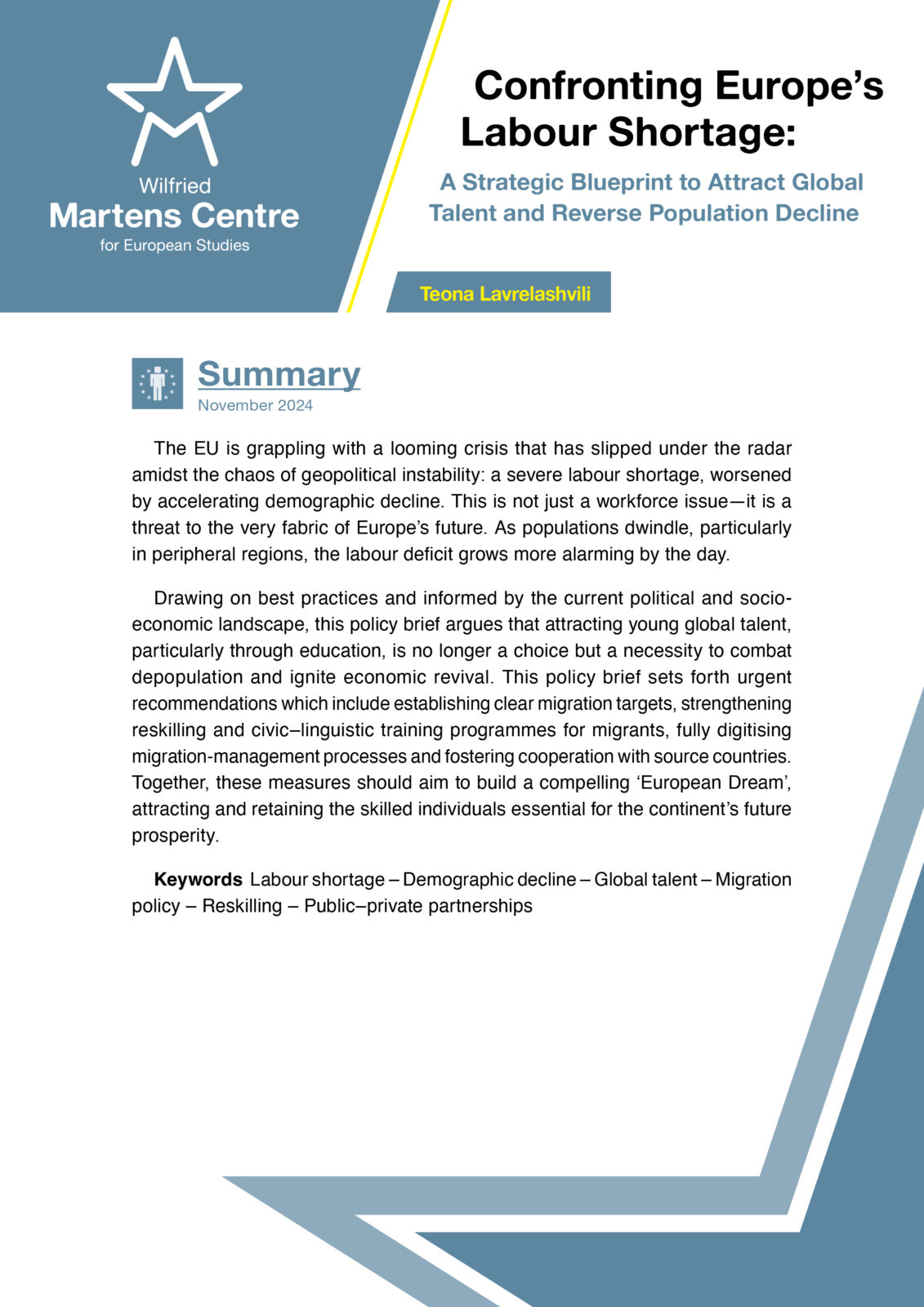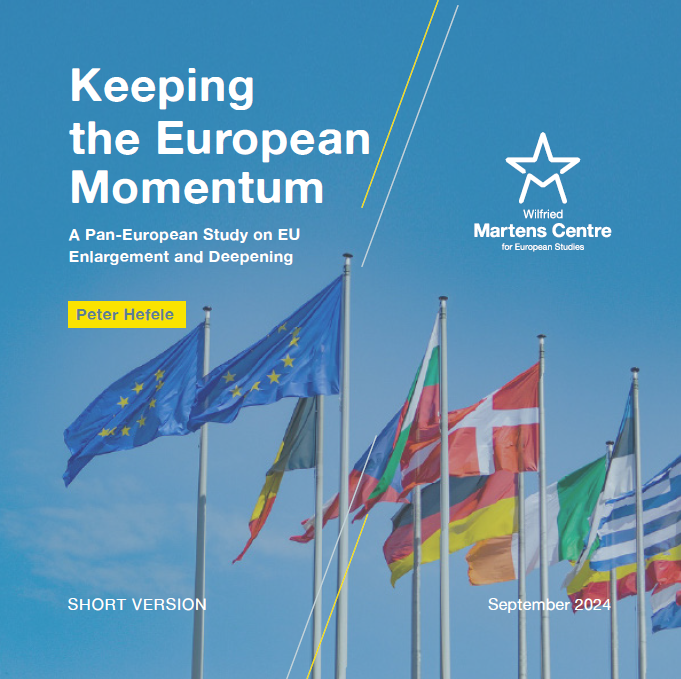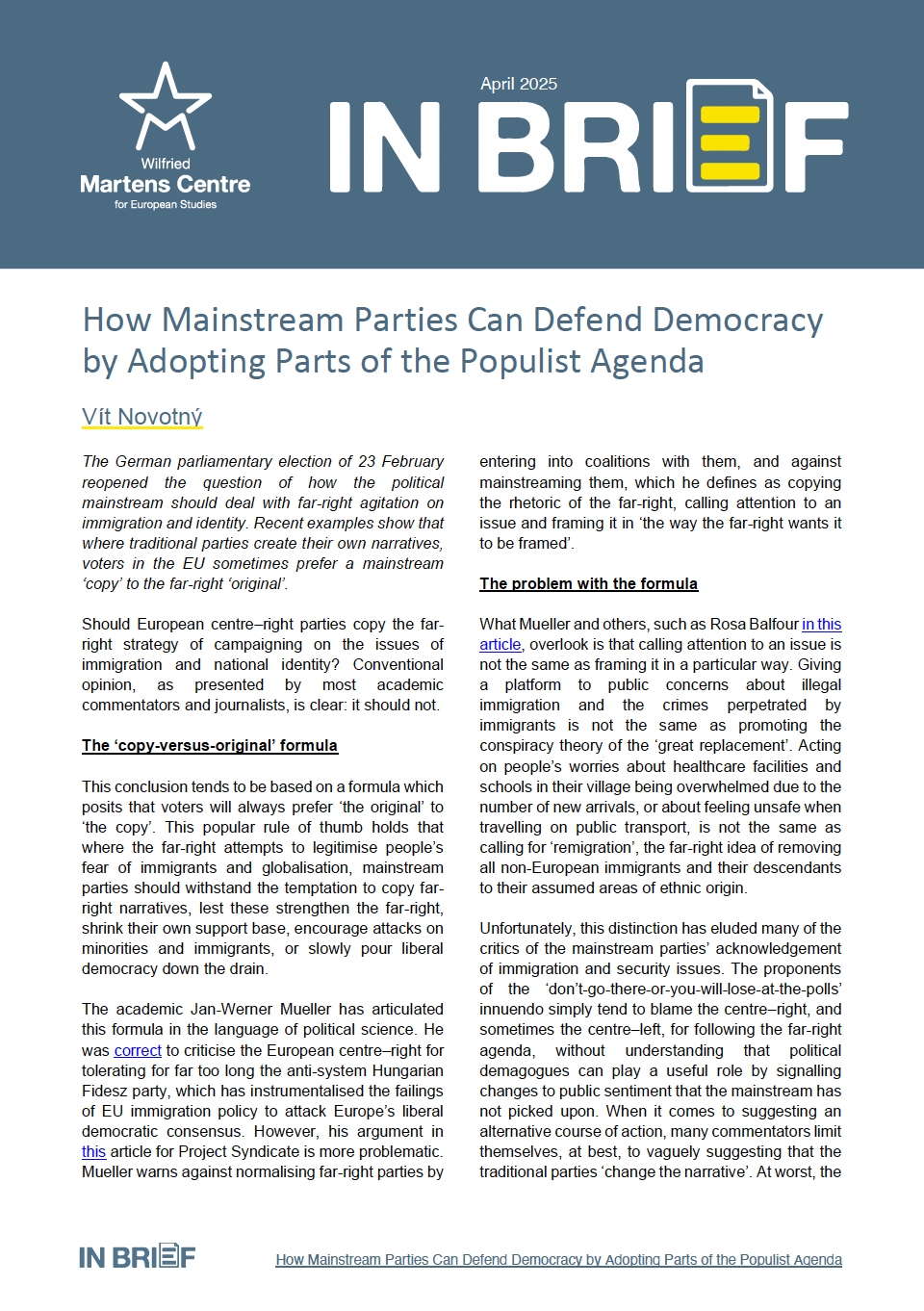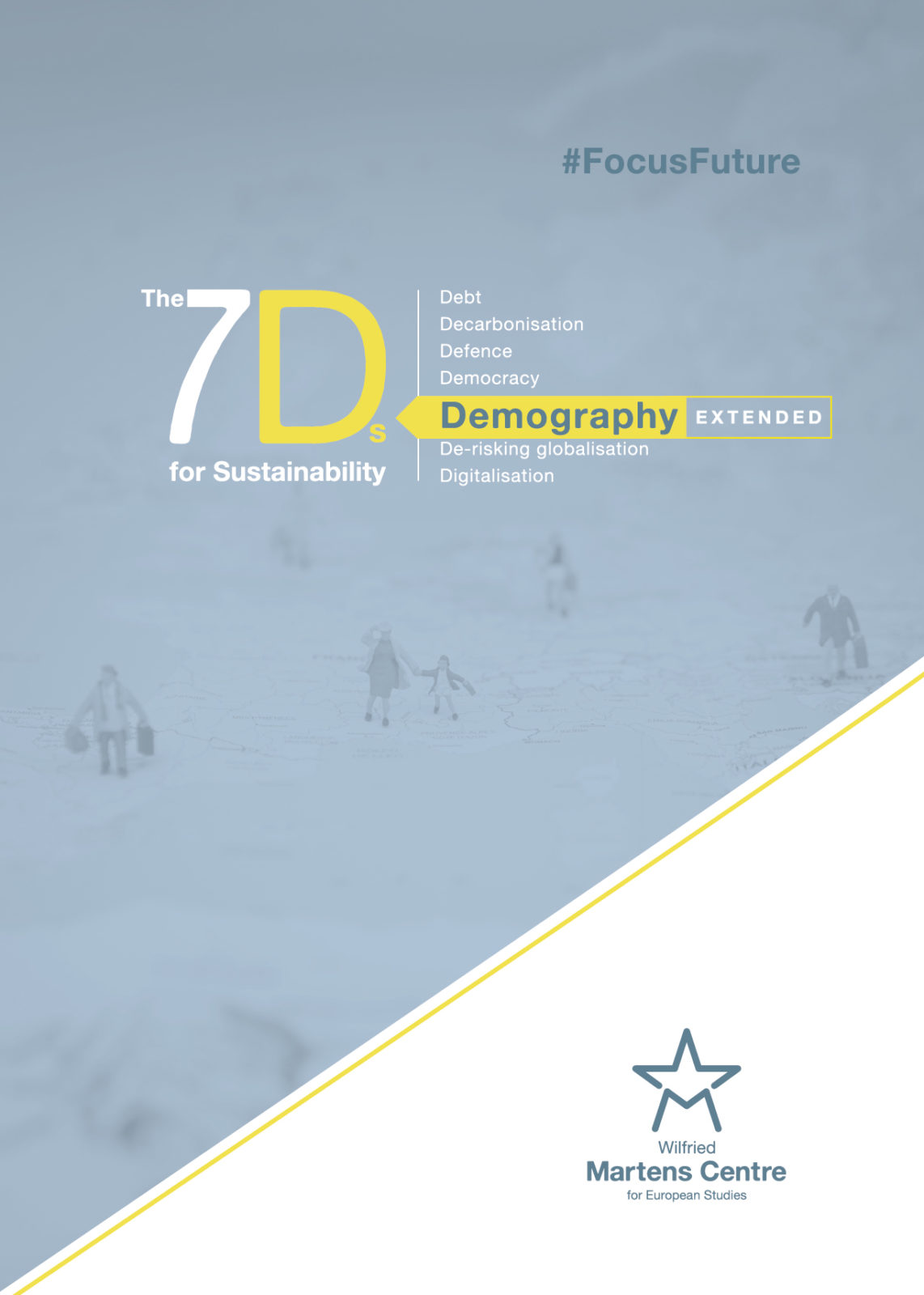Challenges of Belarusian Migration in the EU
30 December 2023
The revolution launched in Belarus in 2020 was not pro-European or pro-Russian. Many people, for various reasons, dared to challenge the strongest and most brutal dictatorship in Europe: a dictatorship that had been building a system of oppression for 25 years. In any case, their reasons related to natural rights and recognised human rights: the right to participate in the governance of one’s state, the right to have no torture or disproportionate use of force, the right to peaceful assembly, the right to a fair trial, etc. Therefore, it is clear that Belarusians, who had a choice — either to go behind bars or to flee from injustice — chose to move to a country where respect for human rights was not only declared, but also enforced. Among the EU countries, the closest neighbours of Belarus — Lithuania and Poland — turned out to be the most popular among migrants.
Lithuanians and Poles represented by their own governments demonstrated good-neighbourly behaviour: by letting hundreds of thousands of Belarusians in, they did enough to ease the situation of those who lost their homes through no fault of their own. The governments of these countries were guided by international norms implemented in their national legal systems, such as the norms of refugee treatment and anti-discrimination. However, Belarusians in Poland and Lithuania face discrimination on the grounds of their origin from time to time. This report describes how serious and systematic these facts are, in what domains they are manifested, and most importantly, why discrimination happens and how it can be fought.
ENJOYING THIS CONTENT?


